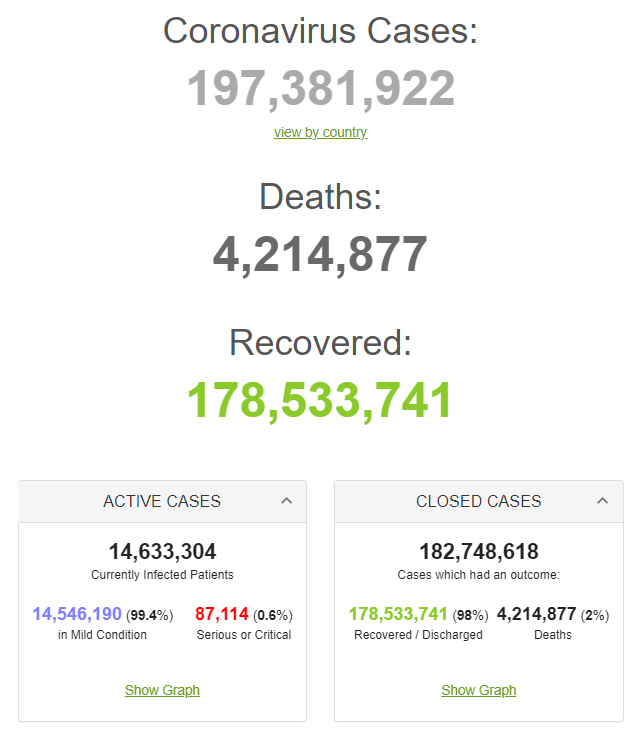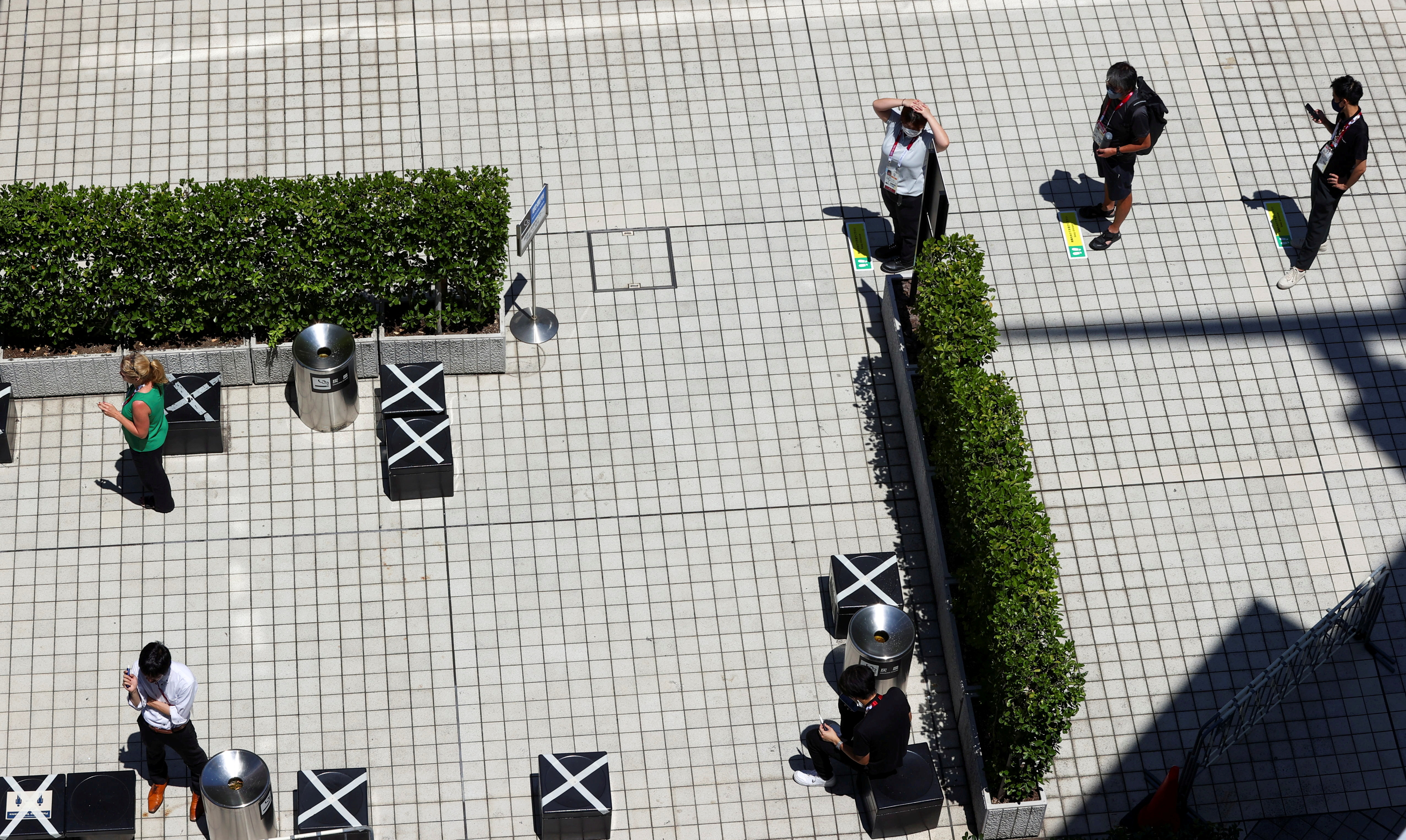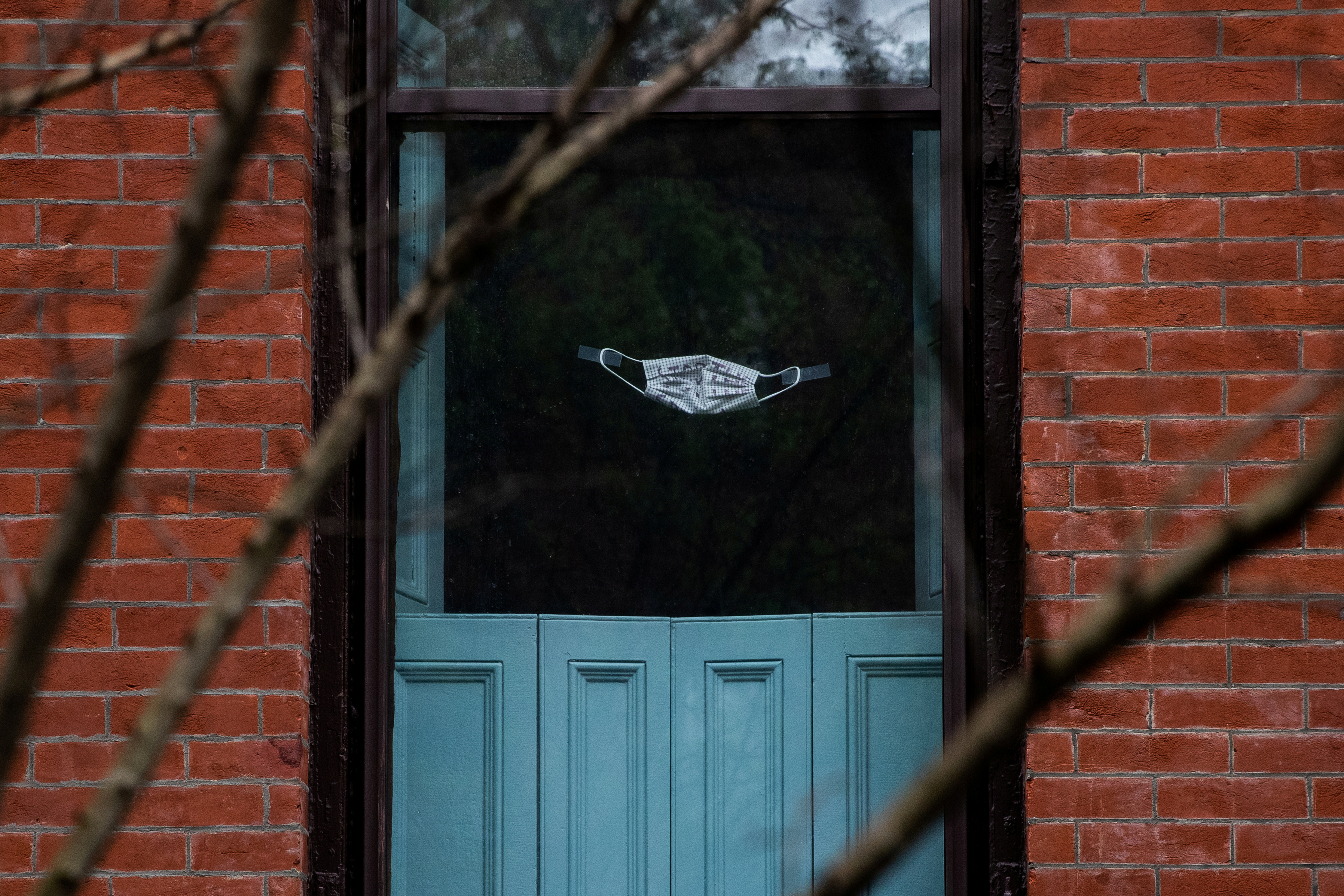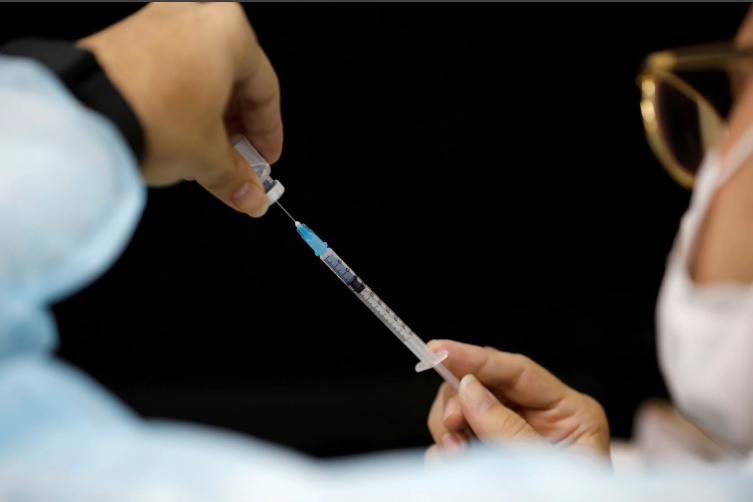
 i_need_contribute
i_need_contribute


|
Country, |
Total |
New |
Total |
|
World |
197,319,584 |
+661,500 |
4,213,978 |
|
35,584,272 |
+92,485 |
628,492 |
|
|
31,571,295 |
+44,673 |
423,244 |
|
|
19,839,369 |
+41,853 |
554,626 |
|
|
6,218,502 |
+23,270 |
156,977 |
|
|
6,079,239 |
+25,190 |
111,764 |
|
|
5,801,561 |
+31,117 |
129,515 |
|
|
5,682,630 |
+22,161 |
51,184 |
|
|
4,905,925 |
+14,115 |
105,113 |
|
|
4,766,829 |
+9,690 |
120,126 |
|
|
4,422,291 |
+26,689 |
81,442 |
|
|
4,336,906 |
+6,171 |
128,029 |
|
|
3,826,447 |
+34,433 |
90,074 |
|
|
3,772,307 |
+2,766 |
92,131 |
|
|
3,331,206 |
+43,479 |
90,552 |
|
|
2,882,630 |
+167 |
75,257 |
|
|
2,790,874 |
+19,028 |
239,616 |
|
|
2,422,151 |
+13,626 |
71,431 |
|
|
2,250,907 |
+846 |
52,916 |
|
|
2,108,595 |
+722 |
196,214 |
|
|
1,859,199 |
+4,415 |
17,815 |
|
|
1,673,226 |
+194 |
30,363 |
|
|
1,613,288 |
+1,371 |
35,295 |
|
|
1,603,787 |
+13,259 |
18,533 |
|
|
1,572,287 |
+5,735 |
27,577 |
|
|
1,429,579 |
+896 |
26,575 |
|
|
1,226,253 |
+15,271 |
20,255 |
|
|
1,121,089 |
+2,059 |
25,231 |
|
|
1,082,880 |
+170 |
34,275 |
|
|
1,078,646 |
+17,170 |
8,725 |
|
|
1,020,324 |
+4,497 |
23,209 |
|
|
963,446 |
+3,009 |
17,330 |
|
|
892,293 |
+9,577 |
15,160 |
|
|
869,063 |
+1,823 |
6,466 |
|
|
809,427 |
+65 |
30,025 |
|
|
769,390 |
+1,008 |
10,010 |
|
|
721,267 |
+292 |
7,110 |
|
|
690,642 |
+2,335 |
9,807 |
|
|
677,801 |
+1,550 |
1,939 |
|
|
658,004 |
+503 |
10,737 |
|
|
606,871 |
+8,995 |
9,697 |
|
|
582,638 |
+3,676 |
19,336 |
|
|
561,030 |
+17,669 |
4,562 |
|
|
559,473 |
+1,104 |
7,900 |
|
|
557,107 |
+7,479 |
5,704 |
|
|
523,397 |
+1,289 |
8,212 |
|
|
487,709 |
+2,694 |
12,911 |
|
|
485,673 |
+426 |
31,549 |
|
|
470,929 |
+905 |
17,754 |
|
|
451,695 |
+537 |
14,876 |
|
|
443,864 |
+1,033 |
3,434 |
|
|
433,545 |
+1,022 |
6,798 |
|
|
424,526 |
+231 |
18,208 |
|
|
413,626 |
+2,796 |
5,768 |
|
|
405,206 |
+1,695 |
5,013 |
|
|
396,332 |
+853 |
2,309 |
|
|
392,537 |
+49 |
12,536 |
|
|
381,187 |
+211 |
5,953 |
|
|
366,985 |
+8,607 |
2,628 |
|
|
363,227 |
+188 |
8,250 |
|
|
362,134 |
+3,336 |
10,248 |
|
|
342,548 |
+615 |
5,019 |
|
|
316,487 |
+159 |
3,601 |
|
|
314,983 |
+848 |
2,548 |
|
|
304,202 |
+2,370 |
4,324 |
|
|
303,797 |
+809 |
3,558 |
|
|
298,048 |
+1,361 |
5,035 |
|
|
295,857 |
+322 |
3,814 |
|
|
292,969 |
+1,282 |
7,758 |
|
|
289,333 |
+5,234 |
8,552 |
|
|
284,170 |
+42 |
16,514 |
|
|
282,070 |
+368 |
4,413 |
|
|
279,629 |
+476 |
4,381 |
|
|
268,974 |
+128 |
1,384 |
|
|
259,202 |
+184 |
6,253 |
|
|
258,963 |
+99 |
4,428 |
|
|
246,200 |
+2,730 |
3,469 |
|
|
229,603 |
+233 |
4,604 |
|
|
225,905 |
+158 |
601 |
|
|
201,009 |
+1,068 |
3,910 |
|
|
195,099 |
+1,672 |
2,085 |
|
|
194,140 |
+708 |
3,355 |
|
|
172,821 |
+558 |
2,141 |
|
|
168,668 |
+1,537 |
4,189 |
|
|
161,575 |
+1,231 |
802 |
|
|
161,015 |
+930 |
2,301 |
|
|
146,523 |
+527 |
6,677 |
|
|
138,717 |
+67 |
2,554 |
|
|
137,127 |
+404 |
799 |
|
|
133,111 |
+222 |
1,272 |
|
|
132,999 |
+47 |
2,457 |
|
|
128,413 |
+7,594 |
863 |
|
|
127,506 |
+879 |
859 |
|
|
117,896 |
+326 |
2,970 |
|
|
117,660 |
+1,774 |
1,388 |
|
|
106,690 |
+4,566 |
1,569 |
|
|
105,656 |
+2,089 |
3,421 |
|
|
105,260 |
+765 |
978 |
|
|
101,642 |
+146 |
1,629 |
|
|
100,784 |
+655 |
416 |
|
|
25,218 |
+100 |
643 |
|
|
11,584 |
+63 |
110 |
Retrieved from: https://www.worldometers.info/coronavirus/
By Makiko YamazakiLinda Sieg

Smokers wait their turn in a queue as they observe social distancing, during a smoke break ahead of the Tokyo 2020 Olympic Games that were postponed to 2021 due to the coronavirus disease (COVID-19) pandemic, in Tokyo, Japan July 22, 2021. REUTERS/Siphiwe Sibeko/File Photo
Japan's government on Friday proposed states of emergency through Aug. 31 in three prefectures near Olympic host Tokyo and the western prefecture of Osaka, as COVID-19 cases spike to records, overshadowing the Summer Games.
Existing states of emergency for Tokyo - its fourth since the pandemic began - and southern Okinawa island should also be extended to Aug. 31, Economy Minister Yasutoshi Nishimura, who is spearheading Japan's pandemic response, told a panel of experts in announcing the proposed expansion.
Prime Minister Yoshihide Suga is expected to formally announce the move later on Friday after the experts approved it.
Japan has avoided a devastating COVID-19 outbreak, but is now struggling to contain the highly transmissible Delta variant, with daily cases nationwide topping 10,000 for the first time on Thursday, media reported.
Japan has imposed a series of "state of emergency" declarations, but the orders are mostly voluntary, unlike other countries which impose strict lockdowns.
Many people have grown weary of the stay-home requests, with some bars refusing to adhere to service restrictions, and Japan's vaccination rollout lags.
Health Minister Norihisa Tamura said the country had entered a new "extremely frightening" stage as cases are spiking even though the movement of people was not increasing, and said the highly transmissible Delta variant was a big factor.
"I think that people cannot see ahead and, worrying how long this situation will last, they find it unbearable that they cannot return to normal daily life," he told the panel.
The surge in COVID-19 cases is bad news for Suga, whose support rates are already at their lowest since he took office last September and who faces a ruling party leadership race and general election later this year.
Tokyo announced a record 3,865 daily infections on Thursday, up from 3,177 a day earlier. The surge is beginning to strain the medical system, with 64% of Tokyo's hospital beds available for serious COVID-19 cases already filled as of Wednesday.
Suga and Olympics organisers have denied there is any link between the July 23-Aug. 8 Summer Games and the recent sharp spike in cases.
Unlike the voluntary restrictions and low vaccination rates elsewhere in Japan, the Olympic village in Tokyo for athletes and coaches boasts more than 80% vaccination, testing is compulsory and movement is stringently curtailed. read more
Athletes and other attendees from around the world must follow strict rules to prevent any spread of the virus within the "Olympic bubble" or to the wider city. Spectators are banned from most venues.
Organisers said on Friday reported 27 new Games-related COVID-19 cases including three athletes, bringing the total Games-linked infections since July 1 to 220.
But experts worry holding the Games has sent a confusing message to the public about the need to limit activities.
Less than 30% of residents of Japan are fully vaccinated. Nishimura repeated that all those who want to get vaccinated should be able to do so by October or November.
Retrieved from: https://www.reuters.com/business/healthcare-pharmaceuticals/japan-proposes-adding-four-regions-covid-19-emergency-minister-2021-07-29/
By David Shepardson

A protective mask is seen on a window during the outbreak of the coronavirus disease (COVID-19) in the Brooklyn borough of New York City, U.S., April 26, 2020. REUTERS/Jeenah Moon
The Centers for Disease Control and Prevention (CDC) said on Thursday that 69.3% of U.S. counties had transmission rates of COVID-19 high enough to warrant indoor masking in public spaces and should immediately resume the policy.
The transmission rate was up from 66.6% as of Wednesday. In total, 52.2% of U.S. counties have high COVID-19 community transmission rates and 17.1% have substantial rates, the CDC said.
Substantial transmission means at least 50 new cases per 100,000 people in the last seven days, while high transmission is more than 100 cases per 100,000 people over the last week.
Washington DC Mayor Muriel Bowser said Thursday that effective at 5 a.m. Saturday she was mandating masks in all indoor public spaces.
In May, the CDC said fully vaccinated Americans did not need to wear masks indoors in most places but it reversed course in the face of the Delta variant's rapid transmission rates.
Retrieved from: https://www.reuters.com/world/us/cdc-says-americans-should-wear-masks-nearly-70-us-counties-2021-07-29/
By Jeffrey Heller

A medical worker prepares to administer a vaccination against the coronavirus disease (COVID-19) as Israel continues its national vaccination drive, during a third national COVID lockdown, in Ashdod, Israel January 4, 2021. REUTERS/Amir Cohen
Israel will begin offering a third shot of the Pfizer (PFE.N)/BioNTech COVID-19 vaccine to people aged over 60, a world first in efforts to slow the spread of the highly contagious Delta variant.
Prime Minister Naftali Bennett, launching the campaign, said President Isaac Herzog would be the first to receive the booster, on Friday.
Israel was a world leader in the vaccination rollout, with many seniors getting their shots in December, January and February as they were regarded as the most vulnerable sector of the population.
But since the emergence of the Delta variant, the health ministry has twice reported a drop in the vaccine's efficacy against infection and a slight decrease in its protection against severe disease.
The booster campaign, with shots administered by health maintenance organisations, will effectively turn Israel into a testing ground for a third dose before approval by the U.S. Food and Drug Administration (FDA).
"Findings show that there is a decline in the body's immunity over time. The aim of the supplementary dose is to build it up again, and thus reduce the chances of infection and serious illness significantly," Bennett told a news conference.
"I call on all the seniors who received the second dose, go get the supplementary one," he said. "My first telephone call, after I finish speaking, will be to the person dearest to me, my mother, so that I can take her to be vaccinated immediately."
Pfizer said on Wednesday it believes people need the additional dose to keep protection against the coronavirus high. The company says it could apply for U.S. emergency authorization for booster shots as early as August. read more
A panel of Israeli vaccination experts advising the health ministry overwhelmingly approved the booster campaign late on Wednesday, Bennett said. People over 60 who received their second dose of the Pfizer vaccine at least five months ago will be eligible.
Last week, the health ministry estimated the vaccine was only 41% effective at halting symptomatic infections over the past month. Protection against severe disease remained strong at 91%.
Some experts have criticised the ministry's analysis because of possible bias that could be skewing the data. Others said Israel should wait a little longer to receive more information about the safety and effectiveness of a third shot.
Around 57% of Israel's 9.3 million population has been vaccinated. Around 160 people are hospitalised with severe symptoms and daily new infections have spiked to more than 2,000, up from a handful of cases per day a few months ago.
Bennett said his government hoped that stepped-up vaccination efforts would enable Israel to avoid further costly lockdowns.
Retrieved from: https://www.reuters.com/world/middle-east/israel-offer-third-shot-pfizer-vaccine-people-over-60-israeli-news-reports-2021-07-29/

A vaccination center last week in Perpignan, France. E.U. countries were reported to have administered 102.66 doses per 100 people as of Tuesday, while the United States had administered 102.44.Credit...Raymond Roig/Agence France-Presse — Getty Images
The 27 member states of the European Union altogether have now administered more coronavirus vaccine doses per 100 people than the United States, in another sign that inoculations across the bloc have maintained some speed throughout the summer, while they have stagnated for weeks in the United States.
E.U. countries had administered 102.66 doses per 100 people as of Tuesday, while the United States had administered 102.44, according to the latest vaccination figures compiled by Our World in Data. This month, the European Union also overtook the United States in first injections; currently, 58 percent of people across the bloc have received a dose, compared with 56.5 percent in the United States.
The latest figures provide a stark contrast with the early stages of the vaccination campaigns this year, when E.U. countries, facing a shortage of doses and delayed deliveries, looked in envy at the initially more successful efforts in the United States, Britain and Israel.
But the European Union is now vaccinating its populations at a faster pace than most developed countries. More than 70 percent of adults in the bloc have now received at least one dose of a coronavirus vaccine.
Ursula von der Leyen, president of the European Commission, said the achievement put E.U. countries “among the world leaders.”
“The catch-up process has been very successful,” she said in a statement on Tuesday.
As inoculation campaigns in many American states have been marred by widespread anti-vaccine sentiment, E.U. countries have been able to immunize their populations with less pushback.
Around 75 percent of residents in the bloc agree that vaccines are the only way to end the coronavirus pandemic, according to a public survey conducted across the European Union in May.
Furthermore, 79 percent said they intended to get vaccinated “sometime this year.”
Yet the spread of the Delta variant has added new urgency. Cases have soared in countries such as the Netherlands and Portugal, and hospitalizations have increased in France and Spain, among others, driving officials to try to speed up vaccination campaigns that have slightly slowed in recent weeks.
“Countries have tried in the first half of the year to stretch the interval between the first and the second doses, but now they have to reduce it to the minimum, with the shortest possible interval,” Andrea Ammon, director of the European Center for Disease Prevention and Control, said this month.
The center said last week that the Delta variant was now dominant in a majority of countries in the bloc.
Countries including France and Italy have announced new vaccine requirements to try to speed up inoculations, with proof of vaccination or a negative test set to be required to gain access to most public indoor venues. The goal, President Emmanuel Macron of France said in announcing the measures this month, is to “put restrictions on the unvaccinated rather than on everyone.”
As campaigns have slightly decreased or plateaued in some E.U. countries, health officials have also urged younger age groups to get vaccinated.
“We have focused a lot on the elderly, and it’s left a very strong perception among younger people that they’re not at risk, or that if they are, it’s very mild,” said Heidi Larson, an anthropologist and founder of the London-based Vaccine Confidence Project, which tracks opinions about immunization across the world.
Vittoria Colliza, a Paris-based epidemiologist at Inserm, the French public-health research center, said that vaccine saturation levels were high among many populations, but that large pockets had yet to even receive one dose.
She added that new lockdown restrictions may have to be reimposed to stem the spread of the Delta variant if immunization fails to keep up.
“They’re increasing already,” Dr. Colliza said about inoculations, especially among younger people. “But the fear is that the Delta variant will begin to fully impact our lives by the end of August.”
Retrieved from: https://www.nytimes.com/2021/07/29/world/europe/eu-us-vaccinations.html

AstraZeneca shots ready for use in Milan this year. The vaccine was developed with Oxford University.Credit...Alessandro Grassani for The New York Times
AstraZeneca has released one billion coronavirus vaccine doses to 170 nations this year, the company said on Thursday, an important milestone despite the many challenges that its low-cost vaccine has faced — including legal fights with the European Union, slashed deliveries and hesitancy in many countries.
The AstraZeneca vaccine, which was developed with Oxford University, was once earmarked for broad use throughout Europe and other continents, including Africa.
But the vaccine has been held back by various problems. AstraZeneca has been embroiled in a legal dispute with the European Union after the company said this year that it could deliver only a third of the 300 million doses it was expected to provide to the bloc.
Several European countries, as well as Australia and Canada, stopped using the AstraZeneca vaccine for young people after reports of extremely rare but serious blood clots. Denmark and Spain have stopped using it altogether because of the blood clot risk. South Africa stopped using the vaccine after it was found to be ineffective on a variant there.
And the United States has not authorized its use. AstraZeneca’s vaccine had been widely expected last year to become a major player in the U.S. vaccination campaign, and even after delays, the company still said for months that it planned to apply for an EUA in the United States. AstraZeneca said on Thursday that in the second half of the year, it would seek full approval from the U.S. Food and Drug Administration, a process that can take many months to complete.
Experts say they fear that the negative publicity the vaccine has received in some countries — President Emmanuel Macron of France called the vaccine “quasi-ineffective” among those over 65 — may have also affected others that are in critical need of doses.
“We are definitely seeing that hesitancy in high-income countries can affect low-income countries,” Andrew Pollard, a professor of pediatric infection and immunity who leads the group at Oxford University that developed the vaccine with AstraZeneca, said on the BBC on Thursday.
Dr. Pollard added that he believed most people across the world were desperate to receive the vaccines and that the main issue remained the inequitable distribution of doses.
AstraZeneca, which has pledged not to make any profit from the shots, said on Thursday that its Covid vaccine sales for the first half of the year had reached $1.2 billion. In comparison, Pfizer, which created a shot with the German company BioNTech and has made no such promise, said it predicted its Covid vaccine sales to reach more than $33 billion by the end of the year.
Retrieved from: https://www.nytimes.com/live/2021/07/29/world/covid-delta-variant-vaccine/despite-setbacks-astrazeneca-logs-a-billion-doses-for-170-nations
Pakistan is to controversially ban air travel for anyone without a Covid-19 vaccine certificate from August and will require all public sector workers to get vaccinated by the end of next month, the government announced along with a host of other draconian restrictions.
From 31 August, unvaccinated staff will no longer be allowed to enter government offices, schools, restaurants or shopping malls, said Asad Umar, who heads National Command and Operations Centre (NCOC), a military-run body that oversees the pandemic response, at a joint news conference with the health minister in Islamabad.
Teachers and students above 18, public transport and retail staff will also be required to get vaccinated, they said, amid rising cases, though the risk of death among children verges on statistical insignificance.
“If you’re not vaccinated you can’t go to teach at schools and colleges from 1 August,” Umar said. “We can’t put our children’s lives at risk just because that you’re not ready to get the vaccine.”
Reuters reports that after a sluggish start, the government ramped up its national vaccination drive, especially in the heartland Punjab province, with 850,000 doses administered yesterday across the country. Umar said the target is to touch one million doses a day.
According to the NCOC, over 27.8m have now received at least one vaccine shot, while 5.9m have been fully vaccinated out of a population of 220m.
It said Pakistan registered 4,497 new cases and 76 deaths in the last 24 hours, with over 3,000 people in critical condition. So far 23,209 people have died of Covid-19 in Pakistan in the near 18 months of the pandemic.
Here are the key developments from the last few hours:
· Biden outlined his administration’s latest efforts to vaccinate more Americans against coronavirus. Among other initiatives, the Biden administration is urging states to offer $100 payments to newly vaccinated residents and requiring federal workers to get vaccinated or receive regular coronavirus tests. “People are dying and will die who don’t have to die. If you’re out there unvaccinated, you don’t have to die,” Biden said moments ago.
· Biden has called on Congress to extend the eviction moratorium, which is set to expire at the end of July. While federal aid is available to renters who will not be able to make rent, housing advocates have said the aid has been slow, and many Americans are at-risk of eviction.
· The US economy grew 6.5% in this year’s second quarter. The figure was lower than what analysts had expected, though bottlenecks in the supply chain of certain goods is a likely explanation.
· The Senate and Congress passed a $2.1bn bill to bolster funding for Capitol security and help relocate Afghans who have assisted the US military. The White House has already indicated that Biden will sign the bill, which will provide much-needed funds for the US Capitol police and reimburse the National Guard for their Capitol mission in response to the 6 January insurrection.
· The Senate majority leader, Chuck Schumer, said that he’s gotten the support from all 50 Democratic senators to advance the reconciliation bill, which would fund many of Biden’s “human infrastructure” proposals. The bill’s price tag is currently $3.5tn, although some moderate Democrats have indicated they want a less costly package.
· Sheila Jackson Lee, a Democratic representative of Texas was arrested for civil disobedience while protesting against lawmakers’ delay in passing voting rights legislation. She was arrested while participating in a demonstration outside of the Hart senate office building and is the third member of the Congressional Black Caucus to be arrested for protesting.
Retrieved from: https://www.theguardian.com/us-news/live/2021/jul/29/covid-vaccine-mandate-federal-employees-joe-biden-us-politics-latest